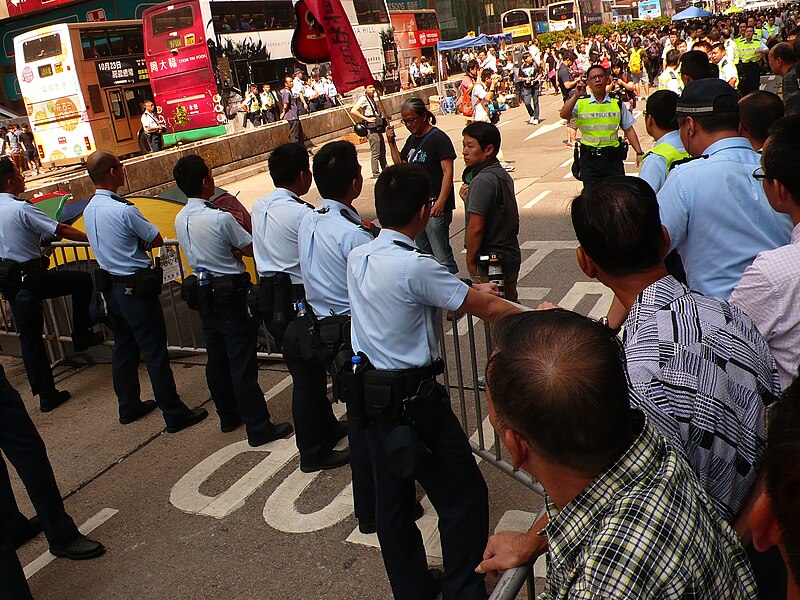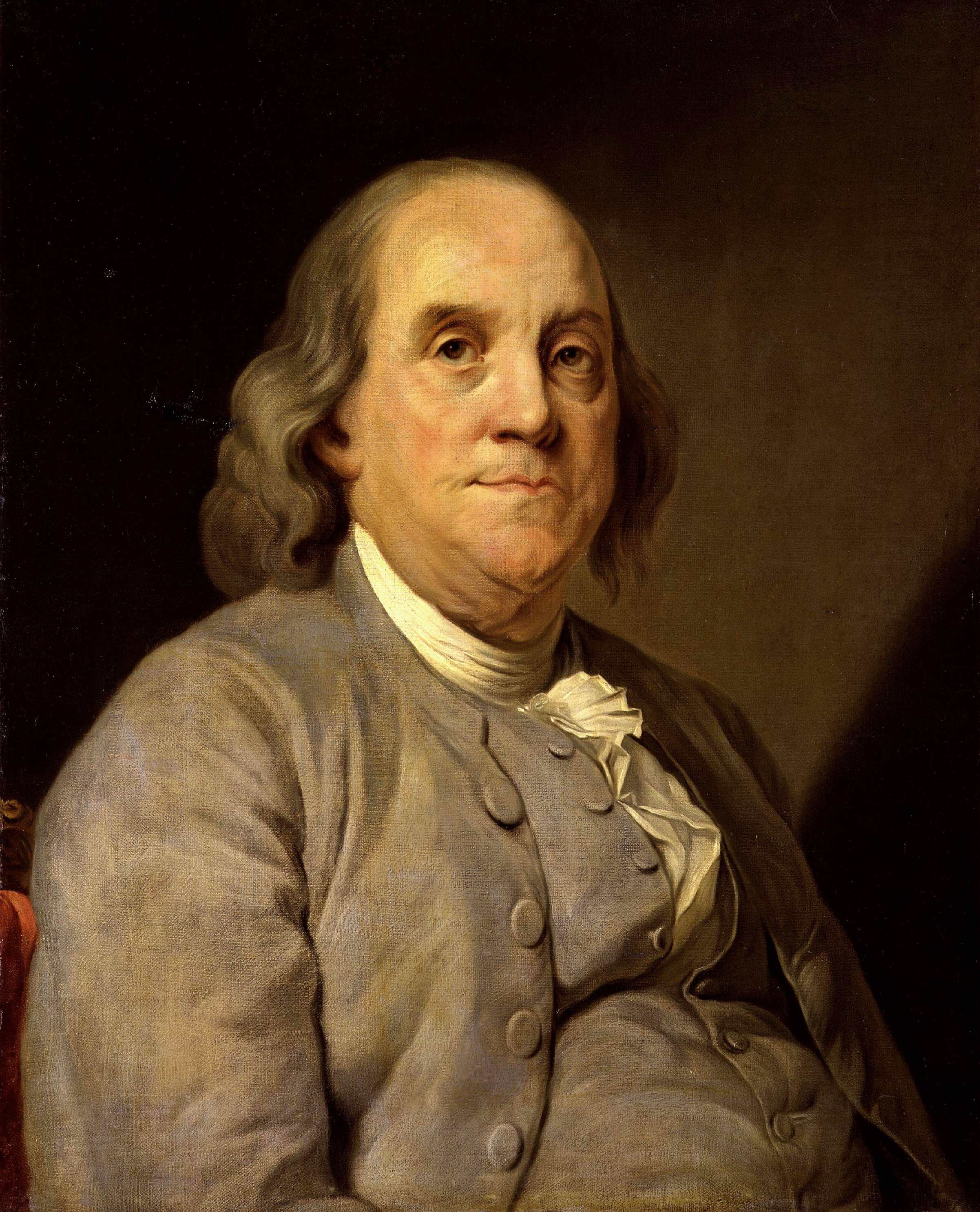A long time since my last blogpost. Sorry. I’ve been working on other things.
__________________________________________________________________

Protesters In Hong Kong
(credit: K.rol2007 [CC BY 2.0 (https://creativecommons.org/licenses/by/2.0)])
The Meaning Of Hong Kong, August, 2019
I’ve been feeling moved
over the last few days to say something in a public way about Hong Kong.
I am confident that the
protesters in Hong Kong are morally in the right.
But why are the
protesters in the right?
Postmodernism and
deconstructionism, by the way, have little to say on matters like this one.
They can deconstruct the arguments on all sides but can’t say which is morally
superior or why.
The protesters are in the
right because they are defending human rights. They are saying the Beijing
government should not be able to have people arrested in Hong Kong merely for
speaking critically of the Beijing regime. Beijing’s officials should not be
able to have these speakers from Hong Kong whisked away to the mainland, out of
sight of all media, and tried under vague and nebulous laws by judges or juries
that are not the peers of the accused.
Human rights laws insist
that some rights of individual human beings must not be violated. If I am
charged with a crime under any of the laws of any regime, the state that has
arrested me should be bound to respect my human rights. The officials of the
state must either charge me with a specific crime under the criminal code of
that country – a code that has been written by the freely elected
representatives of the people of that state – or let me go. And if they do
charge me with a crime, the officials of the country must then produce me, in
an open public court, within a reasonable amount of time, to make that charge
formally. Me. Not a video or a video link. Me. My corpus. Alive and well, ready
to assist in my defense against the charges. And I have a right to legal
counsel, and I also have several other rights, as most of us in democracies are
aware.
Why does this matter?
People in Hong Kong, and even people on the mainland, under the Beijing regime,
are making money now. The old communism didn’t allow that, but Deng Xiaoping
made it okay to run a profitable business of one’s own. Owning property and
businesses and running them in the black every day is China’s new way of life.
Why should successful entrepreneurs care about a loudmouth in Hong Kong who
thinks his human “rights” are being violated? Shut up, you spoiled brat. Get back to work. Or so
the thinking of the short-sighted, cooperative citizens goes. Just get along.
But what they’re missing
is that once a government can have people arrested and convicted, all out of
the sight of the public, and imprisoned for indefinite spans of time, that
government’s officials can pick off anyone who thinks too much for her/himself
and make that person “disappear” into a work camp in a remote corner of China.
Indefinitely. Thus, they frighten all dissenters into silence.
These “officials” and
their masters in Beijing are people. Weak and fallible, and fully capable of short-sighted,
biased, petty, spiteful judgments every day.
But, the heads-down
cooperators say, Beijing isn’t that bad.
Oh, yes, it is. That
regime “disappears” tens of thousands of people every year. Hundreds of
thousands right now are being “re-educated” out of their religious convictions,
for example, in Xin Jiang. As I write these lines. Most of them are Uyghurs,
not ethnic Chinese. They are ethnic Turks. Their traditional religion has been
Islam for centuries.
Do I agree with and
accept Islam as the “true faith”? No. But I will defend their right to practice
their faith freely, as I would defend the same right for Hindus, Jews,
Christians, Buddhists, etc. The separation of church and state makes this kind
of freedom healthy for a nation, not threatening. And I defend political parties’
rights and the rights of people in any group that is willing to live under
democratically formulated laws, no matter what the reasons for their banding
together or arguing with state officials may be.
To some, all of this sounds
abstract. Dreamy-eyed idealistic. Impractical. Nothing could be
further from the truth. Democratic ideals are very practical.
In the short haul,
totalitarian regimes can make excellent order and industrial production. But in
the long haul, they become more and more corrupt. More and more capable of, and
inclined toward, persecution of minorities, even ones that contain only a
single, dissenting individual who is asking too many questions. Questions like: “Who is this new commissar in our town?”; “Why does she get to favor her friends
for government contracts?”; “Why do our state-run media never mention the camps
in Xin Jiang?”; “What is going on there?” And so on.

(credit: Joseph Duplessis [Public domain])
Ben Franklin is reported
to have said: “The citizen who is willing to trade a little freedom for a
little more security will gain neither and deserve neither.”
Unfortunately, people in
every nation on earth have had to keep re-learning the hard way how precious
freedom is. Usually by suffering under injustice heaped to the clouds for
decades before they find the collective will to rise up against it.
On the other hand, democracy,
with freedom of expression and free and fair elections, can seem so full of
dissent and shouting disputes that some citizens come to long simply for order.
But with humans just being what they are – opinionated, contentious – disputes,
as long as they’re resolved under the law, are actually marks of a healthy
state. Democracy doing its exercises.
And it can also seem, for
a while, that a totalitarian state has all the advantages. Its leaders, most of
the time, can make decisions quickly and deal with troubles expeditiously far
more often than ones in democratic states can. Or so it can seem.
But History has shown, in
every era, corruption in totalitarian regimes keeps getting worse and the
changing over between leaders keeps getting shakier and more violent. Factions
and demagogues arise. They go at one another. No one cares to take matters to the
people in a free election in such states. Democracy is for weaklings, in the
cynical view of the inner circles of a totalitarian state. Violence between the
followers of these various leaders becomes inevitable.
And if we prove incapable
of recognizing and defending human rights for every human, then democracy is
for weaklings. Ideals are real. They have consequences.
So what is the bottom
line? It is this: we should not be ignoring what is going on in Hong Kong. In
the big picture, those protesters are defending us.
Martin Luther King: “Injustice
anywhere is a threat to justice everywhere.”
Ideals – in the big
picture of millions of people and centuries of history – are not naïve at all.
They are the most important of the concepts our minds hold. Or we can learn the
lessons the hard way again. I choose the tedium and labor that I can work at today
over the pain I believe will come if I let my ideals go. This means that I
believe in things I sometimes can’t see in the events before me right now. I
only see those ideals in patterns of events spread over significant spans of time as I look at what’s happening. Then I use my ideals to imagine
what will come if I don’t defend democracy. Everywhere.
In the shadow of the
mushroom cloud, nevertheless, have an idealistic day.

Martin Luther King, Jr. (credit: Nobel Foundation [Public domain])
No comments:
Post a Comment
What are your thoughts now? Comment and I will reply. I promise.